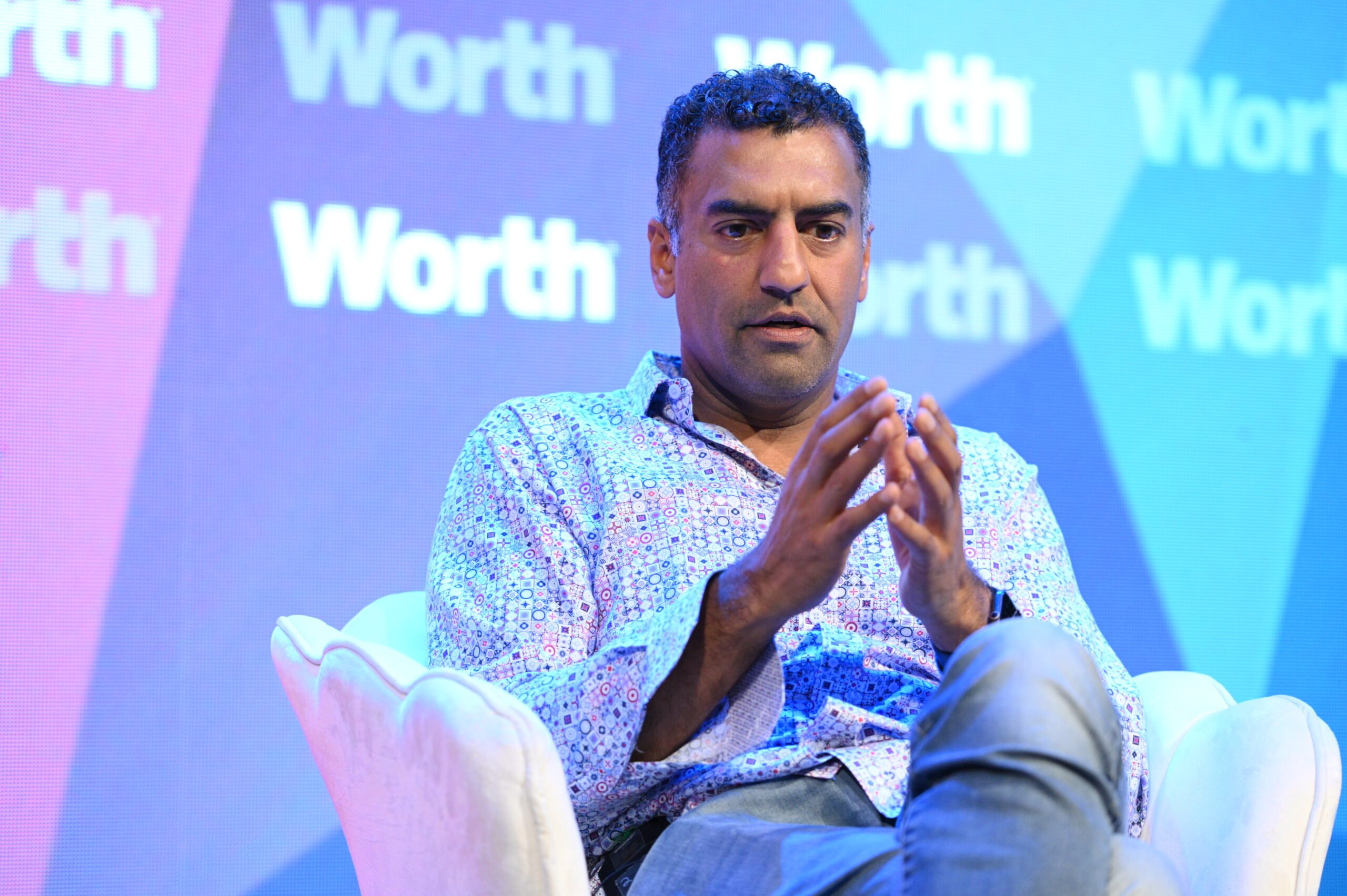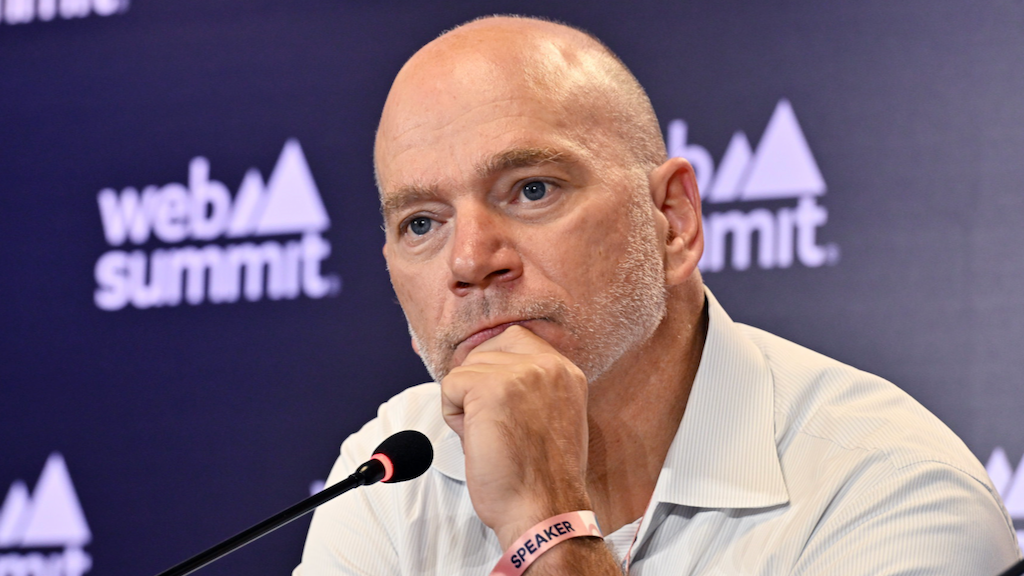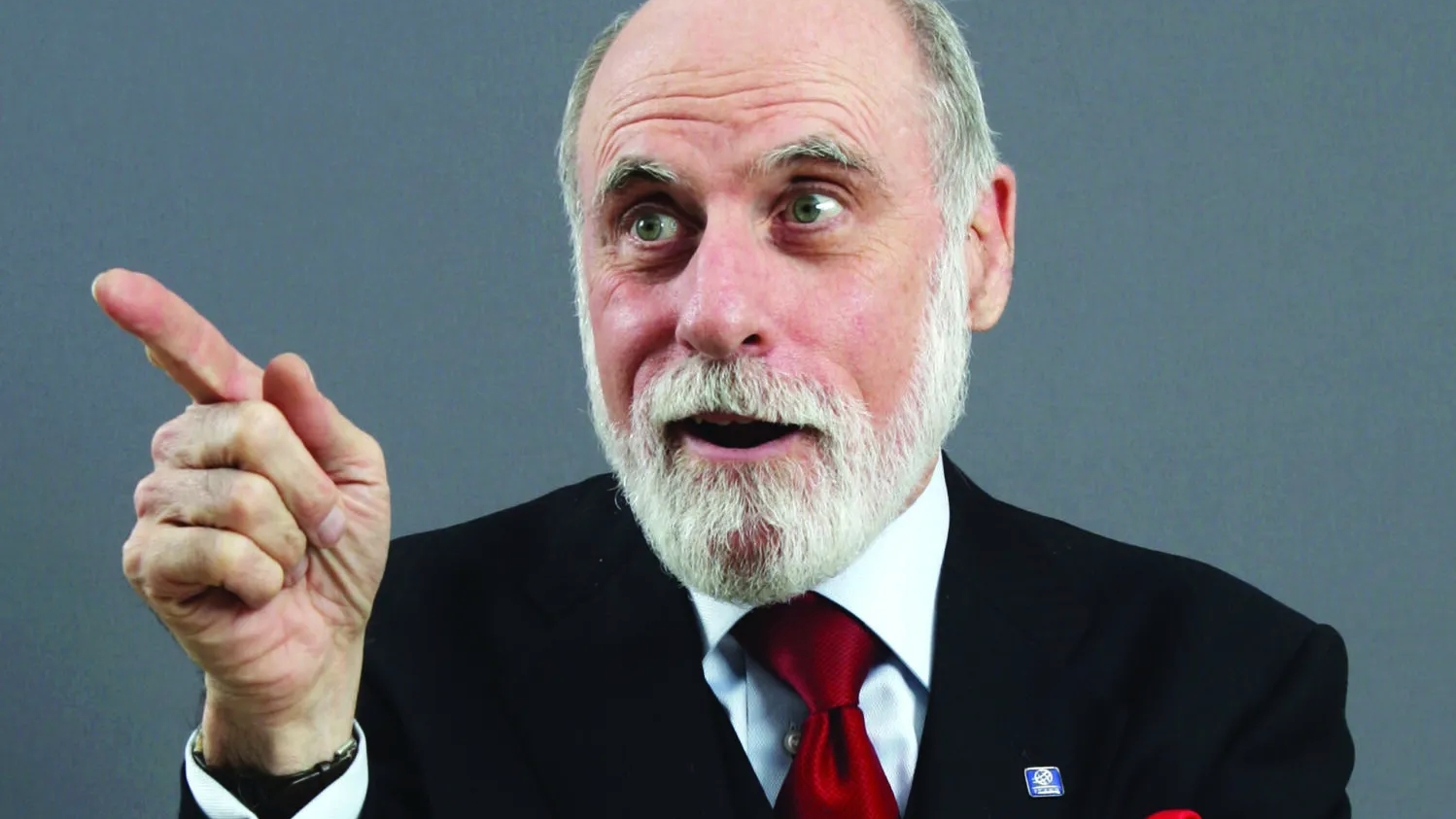Since leaving Lyft in 2021, venture capitalist Raj Kapoor has shifted gears. As the cofounder of Climactic, Kapoor now invests his resources in green initiatives. At the Techonomy Climate NYC: Solutions That Scale conference, he discussed the intersection of VC and climate mitigation. One of the most powerful trends in green technology, he argued, is the proliferation of AI. He gave attendees a sense of just how versatile the technology has become, using examples of three finalists in a startup competition cosponsored by Climactic.
Kapoor’s talk, “Seed To Scale: Venture Capital’s Climate Journey,” covered four main topics: how VC got interested in climate mitigation, how AI can help, how to measure a company’s environmental impact, and how green initiatives can hold themselves accountable. While the whole talk is worth watching, the second part stands out for addressing the major problem with “net zero” environmental initiatives: They’re not really working.
“Enterprises need to go to net zero,” Kapoor said. “There’s over 8,000 that have made a net zero pledge. [Now] 90% of worldwide GDP is under pledge. Articles came out yesterday [Sept. 19] that hardly anyone is on track.” For what it’s worth, both the Sierra Club and the United Nations have come to the same conclusion.
Kapoor went on to explain that most companies’ supply chains, rather than their direct outputs, tend to be the worst offenders when it comes to emissions. A company called Muir AI uses existing data to help companies estimate the environmental impact of their supply chains. From there, companies can make small, sustainable changes at each intermediary point.
The second example, Context Nature, focused on biodiversity. While biodiversity underpins every ecosystem on Earth, Kapoor pointed out that data on the topic is often esoteric and incredibly open to interpretation. As AI can sift through massive amounts of data and draw novel conclusions about it, the technology could eventually “grade” suppliers. This would help determine which organizations are actually minimizing their impact on the environment.
Finally, Kapoor brought up OCN.AI, which leverages citizen scientists to improve our understanding of oceanic climate change. The company encourages wealthy yacht owners to install monitoring devices in their vessels. At present, these devices can gather about 20 million data points per day, which OCN analyzes with a machine learning platform called BlueSense. Since the ocean acts as a huge carbon sink, Kapoor explains that this data could benefit countries such as the Bahamas, where undersea ecosystems are a vital part of their economy.
Kapoor’s sentiments echoed those of many other speakers at the Techonomy Climate conference: Climate mitigation is good for business, and good for humanity. After all, as he pointed out, humans need a habitable world more than our world needs us.
“We used to want to [build companies] for economic reasons,” he said. “Now we have to do it because it’s an imperative for the planet. Actually, for humans. The planet will be fine.”








